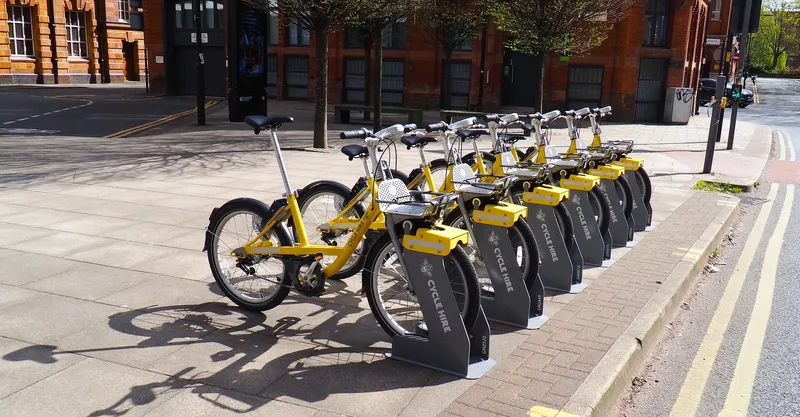
Sustainable travel plans in Glasgow have been given a £10.6 million boost from four Scottish government funding schemes.
The city council said the money will go towards a wide range of measures including building more active travel infrastructure and improving the safety and accessibility of public spaces for pedestrians.
Initiatives which encourage more walking, wheeling and cycling on the school commute will receive funding support, as will upgrades to bus stops and schemes that empower employers to create cycle-friendly workplaces.
"We want to create a roads network that encourages walking, wheeling and cycling across the city and it's great to see our vision being backed by the Scottish Government in this way,” said Angus Millar, city convener for transport.
“Some of these funding streams focus on construction-ready projects and I am delighted that the efforts we have made to develop designs for potential new infrastructure are being recognised.”
The money draws on four separate funding schemes backed by the Scottish government through Transport Scotland - the Active Travel Infrastructure Fund, the People and Place Programme, Local Authority Direct Award and SPT's Capital Grant Fund.
Work will start in the coming months to construct the new cycling routes. High-visibility cycle counters and the continued roll out of the city’s school cycle shelters programme will move forward, as will the delivery of upgraded traffic signals and pedestrian infrastructure at various locations.
There will be more bus route priority upgrades along city roads as well as improved access for people to bus and subway stations.
"We'll also be delivering high-quality upgrades to pedestrian infrastructure across the city such as safer, step-free crossings, tactile paving, dropped kerbs and wider pavements,” said Millar.
Glasgow, on the banks of the River Clyde in west central Scotland, is the most populous city in Scotland with more than 622,000 people. It is the third-most-populous city in the UK.
It also has the most extensive urban rail network in the UK outside London, including a metro, and with rail services travelling to a large part of the West of Scotland.
The city hosted the 2014 Commonwealth Games and will host the games again, next year. In 1990, it was designated by the European Commission as European Capital of Culture.









